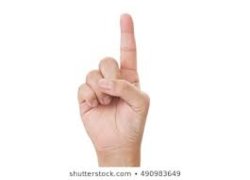- Location
- London
Thinking of getting one of these.
https://www.wiggle.co.uk/park-tool-spoke-tension-meter/
I get the impression that it's the default choice if you don't want to pay mega bucks for something that looks like it came out of my horror memories of O level physics.
Is it easy to use?
Decent quality?
Pretty robust?
They do also sell the X tools one for a lot less.
https://www.wiggle.co.uk/lifeline-x-tools-spoke-tension-meter/
Anyone used that?
Have also heard the dread word "calibration" whispered in connection with these things.
Something I should worry about?
https://www.wiggle.co.uk/park-tool-spoke-tension-meter/
I get the impression that it's the default choice if you don't want to pay mega bucks for something that looks like it came out of my horror memories of O level physics.
Is it easy to use?
Decent quality?
Pretty robust?
They do also sell the X tools one for a lot less.
https://www.wiggle.co.uk/lifeline-x-tools-spoke-tension-meter/
Anyone used that?
Have also heard the dread word "calibration" whispered in connection with these things.
Something I should worry about?

